DST is the tag for Daylight Saving Time issues. DST, also known as summer time, starts when a time zone shifts its clocks forward (in the spring), and ends when the clocks shift back (in the fall).
DST is the tag for Daylight Saving Time issues. Daylight Saving Time is the period when a time zone shifts its time forward in the spring (usually by one hour) and then shifts back in the fall. This creates many programming issues dealing with the lost hour in the spring, and the extra hour in the fall.
Daylight saving time is sometimes called "Summer Time", as time is changed during the summer as compared to the rest of the year. Keep in mind that the northern and southern hemispheres observe summer at different times.
Also, sometimes the term is erroneously called "daylight savings time", or just "daylight savings". Neither term is correct. There is no "s". Another erroneous term is "Day Light Savings" (or "DLS"), which is incorrect because "daylight" is a single word. All of these terms should be avoided.
To illustrate the effects of DST, consider the following graphs. These represent the daylight saving time transitions for the US Pacific time zone.


While other time zones may transition at different points in time, the behaviors are similar. There is a "gap" of missing local time during the "spring forward" transition, and there is an "overlap" of ambiguous local time during the "fall back" transition.
These graphs also demonstrate the mathematical behaviors of the transitions:
Conversion from UTC to Local Time is a function over the range of all time that the local time zone was in existence.
However, it may not be a continuous function, due to the transitional adjustments that are made for daylight saving time.
Keep in mind that the local time zone was probably not always well defined, or it may have been defined using some earlier calendar system.
Conversion from Local Time to UTC is not a pure function because:
There may be a discontinuity for the "spring forward" transition, so a local time in this range would be undefined.
There may be a range where it is not a function at all, because there is more than one possible outcome for a single input, which occures during the "fall-back" transition.
This can lead to problems because some people think that you can always convert in either direction, which is false for any time zone that observes daylight saving time.
Also keep in mind that in the Northern Hemisphere, the "spring forward" transition occurs early in the year and the "fall back" transition occurs late in the year. However, in the Southern Hemisphere the seasons are inverted, so the "fall back" transition typically comes early in the year, while the "spring forward" transition comes late in the year.
Also keep in mind:
Not every time zone of the world uses daylight saving time. In fact, the majority do not. See this Wikipedia Article for details.
Of those that uses it, each time zone decides how DST applies. Different countries will start and end daylight time at different dates.
Not every time zone transitions by one hour. For example, the
Australia/Lord_Howetime zone only shifts by 30 minutes.Governments of the world often make changes to how they want to follow DST. You cannot assume that the current rules have always applied in the past or always will apply in the future.
DST transition days will have less or more actual time than 24 hours. In most cases, spring-forward days will have 23 hours, and fall-back days will have 25.
There are not always exactly a single pair of DST transitions in a given year. Other real-world cases include:
One spring transition : This occurs when a time zone decides to stay on "permanent summer time". For example, in 2015 the Turks and Caicos Islands sprung forward in March and stayed there. This is often modeled as a change in base-offset from UTC-5 to UTC-4.
One fall transition : This occurs when a time zone that was on "permanent summer time" switches back to standard time. This occurred across Russia in 2014.
Two transitions : This is the common case.
Three transitions : This is much rarer, but occurred in 2011 in Samoa. The first two transitions were for DST, and the third occurred when 24 hours were skipped to change the island's base-offset from UTC-10 to UTC+14.
Four transitions : This occurs when a country that observes DST decides to suspend it temporarily. This has been done in both Egypt and Morocco for the observation of Ramadan.